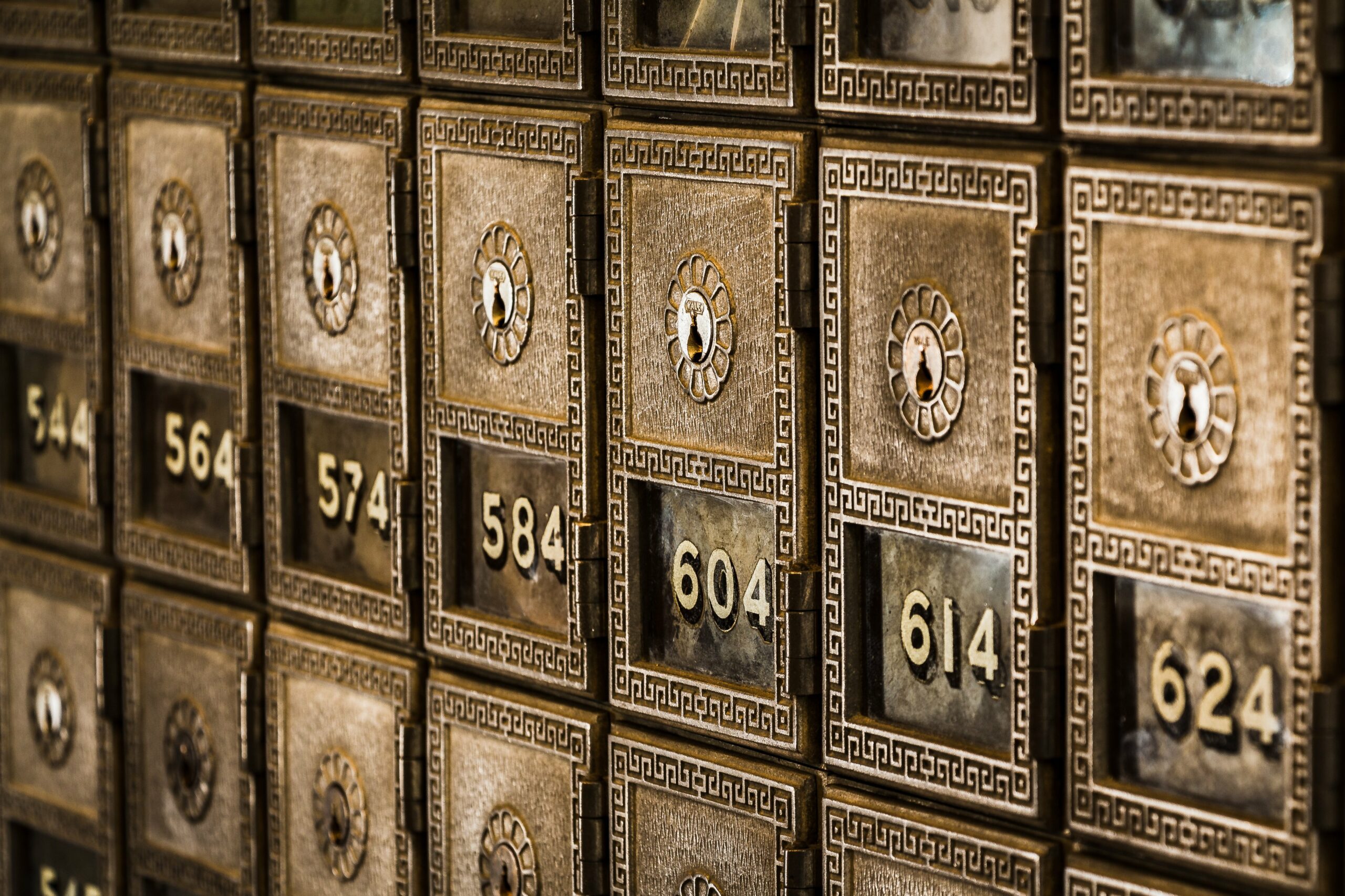Understanding LISA interest rates: a comprehensive guide
Understanding LISA interest rates is crucial for individuals looking to make informed d...

A bank failure used to be exceptionally rare in the UK or Europe. It was generally the result of huge fraud or, in far-flung countries, being bled dry by corrupt and despotic leaders. However, since the financial crisis of 2007/2008, many banks around the globe have been brought to their knees and unfortunately, bank failures have become commonplace.
Some banks are still suffering the after-effects of the Great Recession (German and Italian banks have been under pressure recently), so it’s important to make sure that you’re fully protected if your bank collapses. These days people get insurance for everything from home contents and life insurance to body parts and even alien abduction (yes, that’s actually a thing). What you don’t usually think about is insuring your cash.
It’s rocket science!
The UK government provide consumers with some protection if banks go bust, but it’s easy to get caught out by the rules. Understanding how it works shouldn’t be rocket science, but the FSCS rules are among the most confusing things I have ever seen. My brain felt like it was going to explode and I have a degree in Finance and Maths.
Essentially, if your bank does not have enough cash to give you your money, the FSCS will cover your savings up to £75,000. So far so good. If you have more than £75,000 in savings, you’ll need to make sure that you spread your savings around several banks. But like everything else, there are always strings attached.
Where you save your money must be UK-registered and regulated by the Financial Conduct Authority (FCA). Some foreign banks stick to protection from only their ‘home’ government so these wouldn’t count. Most EU banks fall under the Deposit Guarantee Schemes which will cover roughly the same amount as the FSCS, but you should double-check based your bank and your account.
Bank or brand?
While you may already have separate of accounts for your cash, beware that some groups of accounts will count as one so it’s important to understand how accounts are related. Some are part of the same banking ‘family’ meaning you will only be covered for £75k total, not £75k for each account.
I realise that all of this is about as helpful as a hole in the head, Basically, although you might think each account you have is separate, different names don’t always mean different banks; they might just be the different brands of the same bank.
Don’t get caught out! Unfortunately, there is no easy way to identify whether your savings are safe apart from doing some basic research. Check the Bank of England pages to see if your banks are linked.